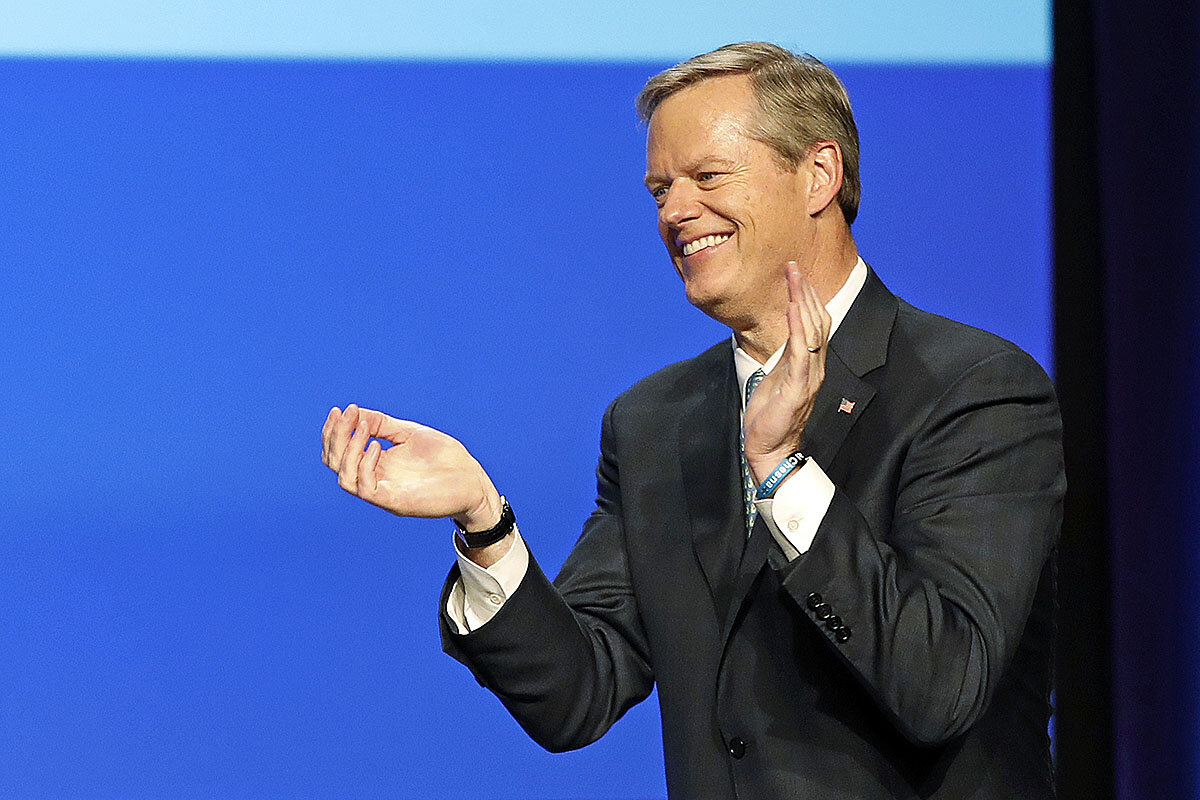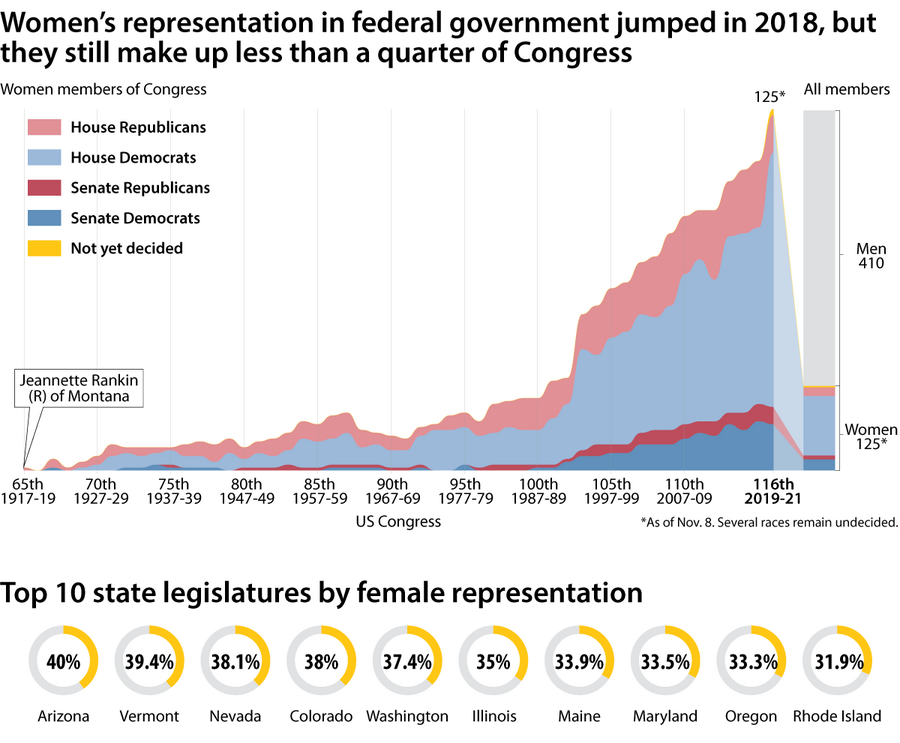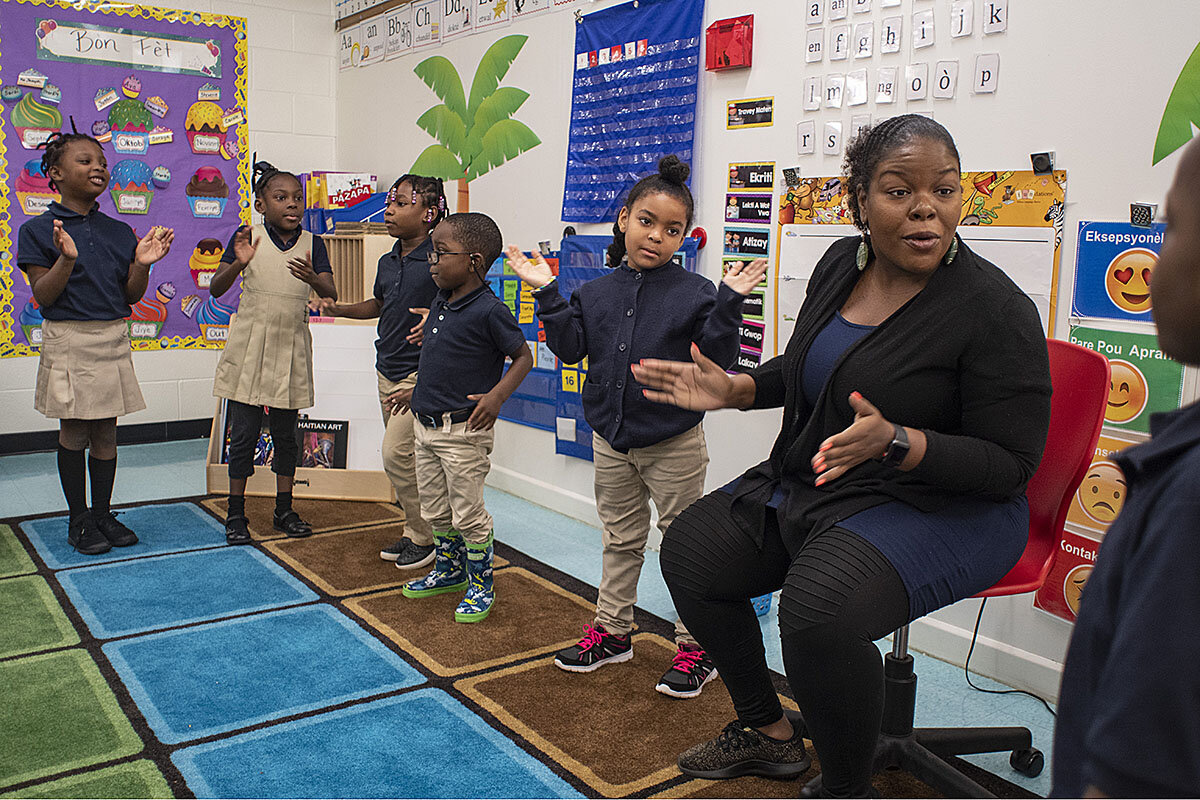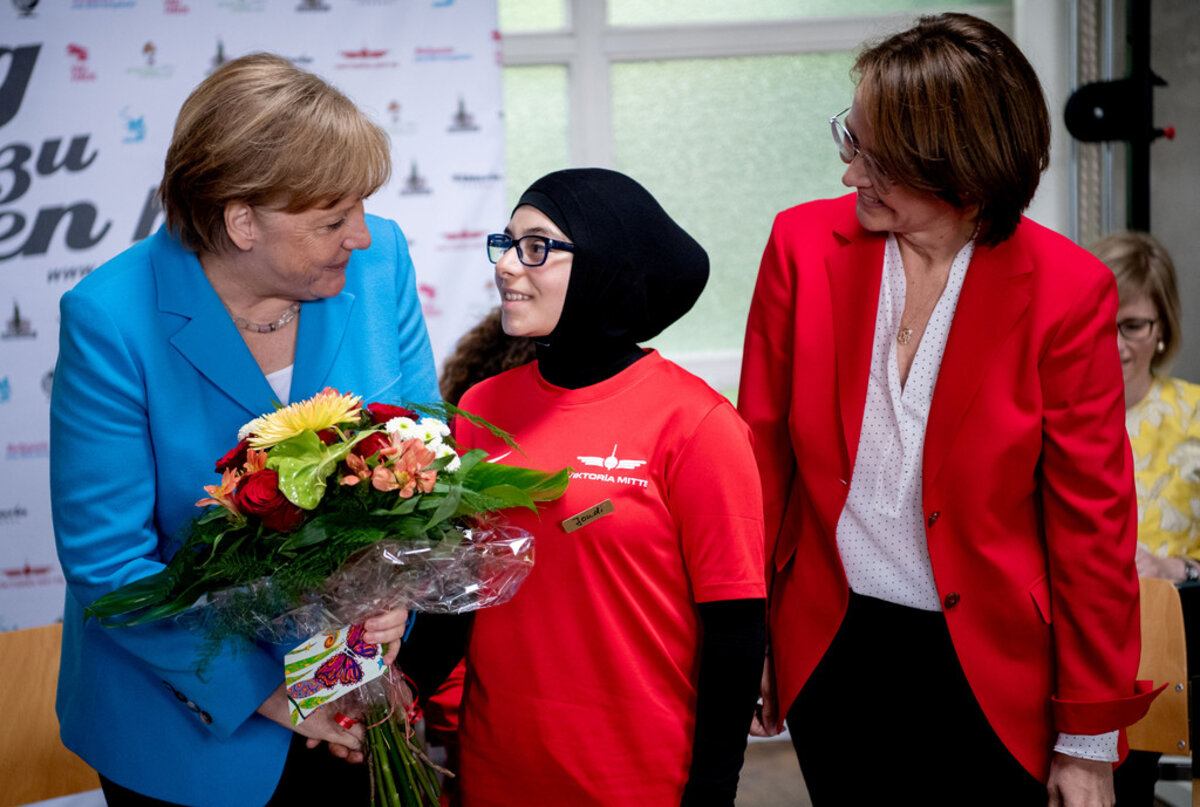President Trump's critics say the replacing of his attorney general is an attempt to end the Mueller investigation. But any subsequent moves by the acting AG to undercut the special counsel would be hard to conceal.
Monitor Daily Podcast
- Follow us:
- Apple Podcasts
- Spotify
- RSS Feed
- Download
 Yvonne Zipp
Yvonne Zipp
So, are you a democracy is half full kind of person?
Almost half of eligible voters turned out Tuesday, according to the United States Elections Project. Now, 47 percent of voters might not sound like reason to celebrate – but that’s the highest percentage in 50 years. More than 110 million people cast their ballot – the first time the United States has ever surpassed 100 million voters in midterms.
That’s not to say that there weren’t problems: Our Southern bureau chief, Patrik Jonsson, is working on a story about voter fairness in the Georgia governor’s race, where one candidate oversaw his own election. Brian Kemp declared victory and resigned as secretary of State today, but his opponent, Stacey Abrams, says she isn’t conceding until every vote is counted.
In 2020, even more people will be eligible to vote.
Six states passed measures Tuesday designed to make voting more fair and make it easier to vote – from establishing automatic registration in Michigan to restoring ex-felons’ voting rights in Florida. Floridians interviewed said it came down to fairness in their decision to give an estimated 1.5 million people their vote back.
Take Darrel Linton, of Hilliard, Fla., a proud Trump voter who says that John F. Kennedy is the only Democrat he has ever voted for. He voted yes on Amendment 4, he told Patrik. “I believe everyone should have the right to vote,” says Mr. Linton. “They are in this country, and voting makes them worth something.”
Now, for our five stories of the day, including a look at how, even in our polarized times, there are states that are happy to vote for “the other team” when it comes time to choose a governor. And for a bonus read, Washington Bureau Chief Linda Feldmann hosted Democratic National Committee chairman Tom Perez today at a Monitor breakfast for reporters. Democratic strategy for 2020? “Expand the electorate,” he told reporters.











